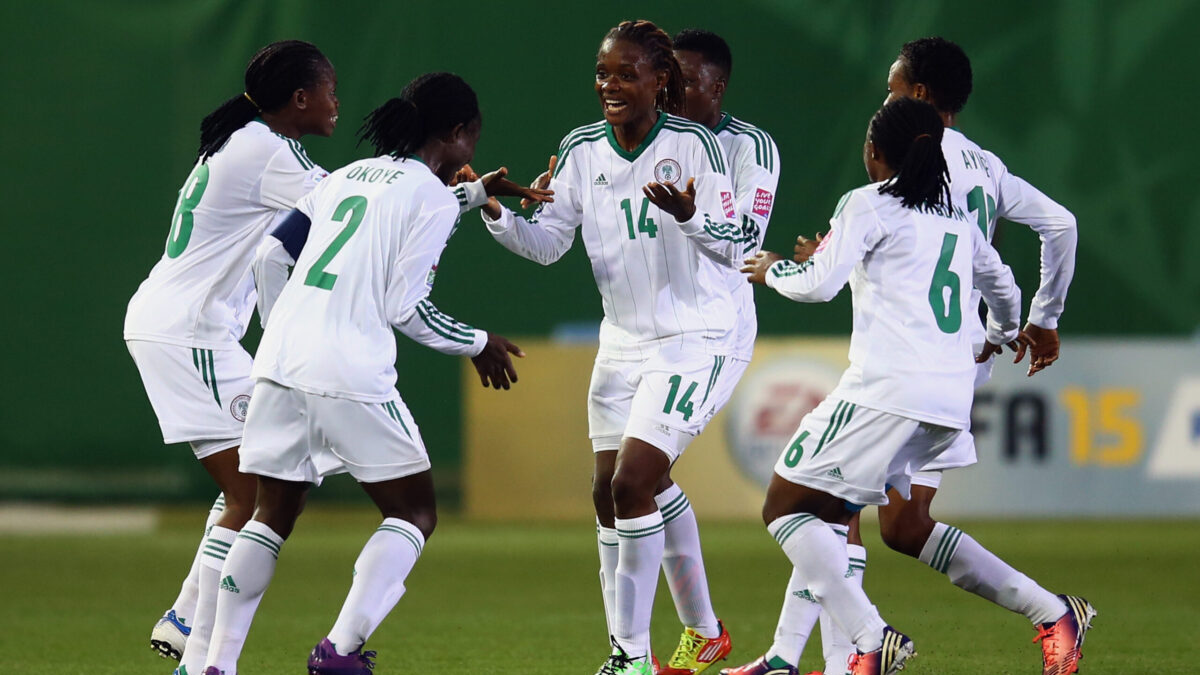Women’s Football in Africa, the first in-depth book on the subject, traces the history of women’s soccer from initially being banned through to today’s growing numbers of fans and broadcasting potential. It’s a story of triumph despite enormous barriers – among them sexism, abuse, homophobia and religion. We asked its author, sports communication professor Chuka Onwumechili, just three questions.
Can you give us a very brief history of the African women’s game?
The first official game of men’s football that resembles today’s rules was played in the 1860s in the UK. Men played football in Nigeria as early as 1904. The first recorded game in Africa was in Lagos and most of the players were European colonialists. Nigerians later took up the sport.
Many countries around the world banned women from playing what was considered to be a male game. Pseudo scientific thinking was that women’s bodies were not suited to it.
My interest in writing a book on African women’s football began when I discovered, in the course of my football research, that women were playing the game in Nigeria by the 1930s already – not the late 1900s as is commonly believed. I found it had an incredibly rich history.
*The views of the above article are those of the author and do not necessarily reflect the views of Africa Speaks 4 Africa or its editorial team.




